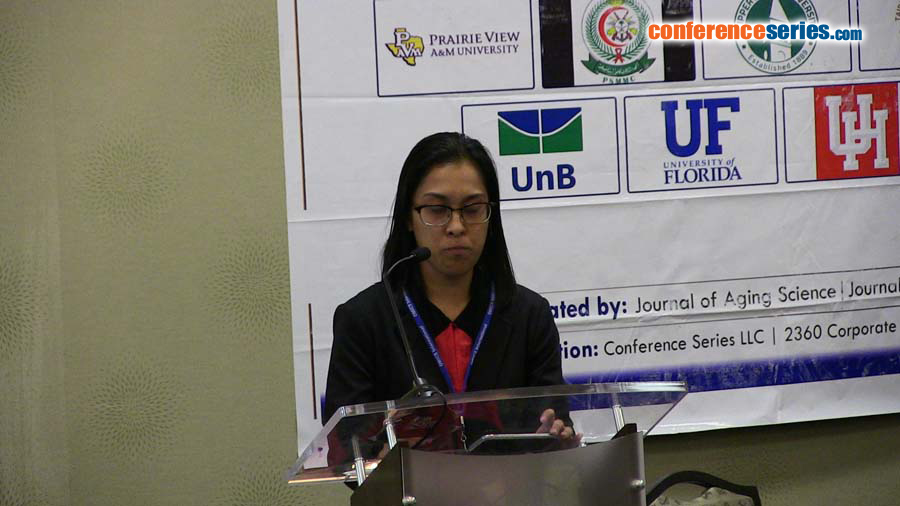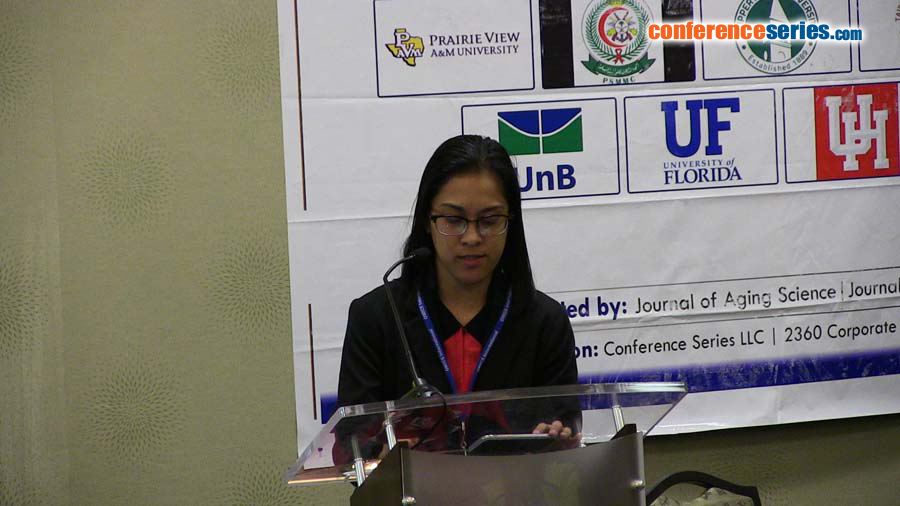
Heizel Mae A. Lucas
University of Santo Tomas, Philippines
Title: A Grounded Theory of Successful Aging among Select Incarcerated Female Filipino Elderly
Biography
Biography: Heizel Mae A. Lucas
Abstract
Across the literature, impairment and disability among the elderly has been associated with a decline in meeting their special needs. Failure in meeting such needs may cause deterioration of function and threaten successful aging. Surprisingly, much of the literature has described successful aging of mostly males and those who are in health care institutions or living amongst society. The process of successful aging of older women who are incarcerated remain to be a blank spot in nursing research. Hence, this study purports to describe the process by which incarcerated Filipino female elderly experience successful aging. Strauss and Corbin’s grounded theory, design was employed in this study. Semi-structured interviews were conducted to 15 purposefully selected incarcerated female Filipinos elderly from a penal institution for women in the Philippines. Further, data gathered was reduced to field text and was analyzed through open, axial and selective coding. Finally, truthfulness and trustworthiness of the findings were established through member checking. The study generated The Road to Success Model. Interestingly, five phases relative to successful aging emerged, namely: Struggling, Re-motivating, Reforming, Reintegrating and Sustaining. These phases describe how select female Filipino incarcerated elderly undergoes transformation towards successful aging. Similar to a road, each phase is considered a station one must pass through in order to get to the destination. The findings of the study serve as impetus for structural and procedural changes in prison, with a view to providing environment conducive to successful aging; and appropriate recognition for the elderly’s efforts to achieve successful aging.



